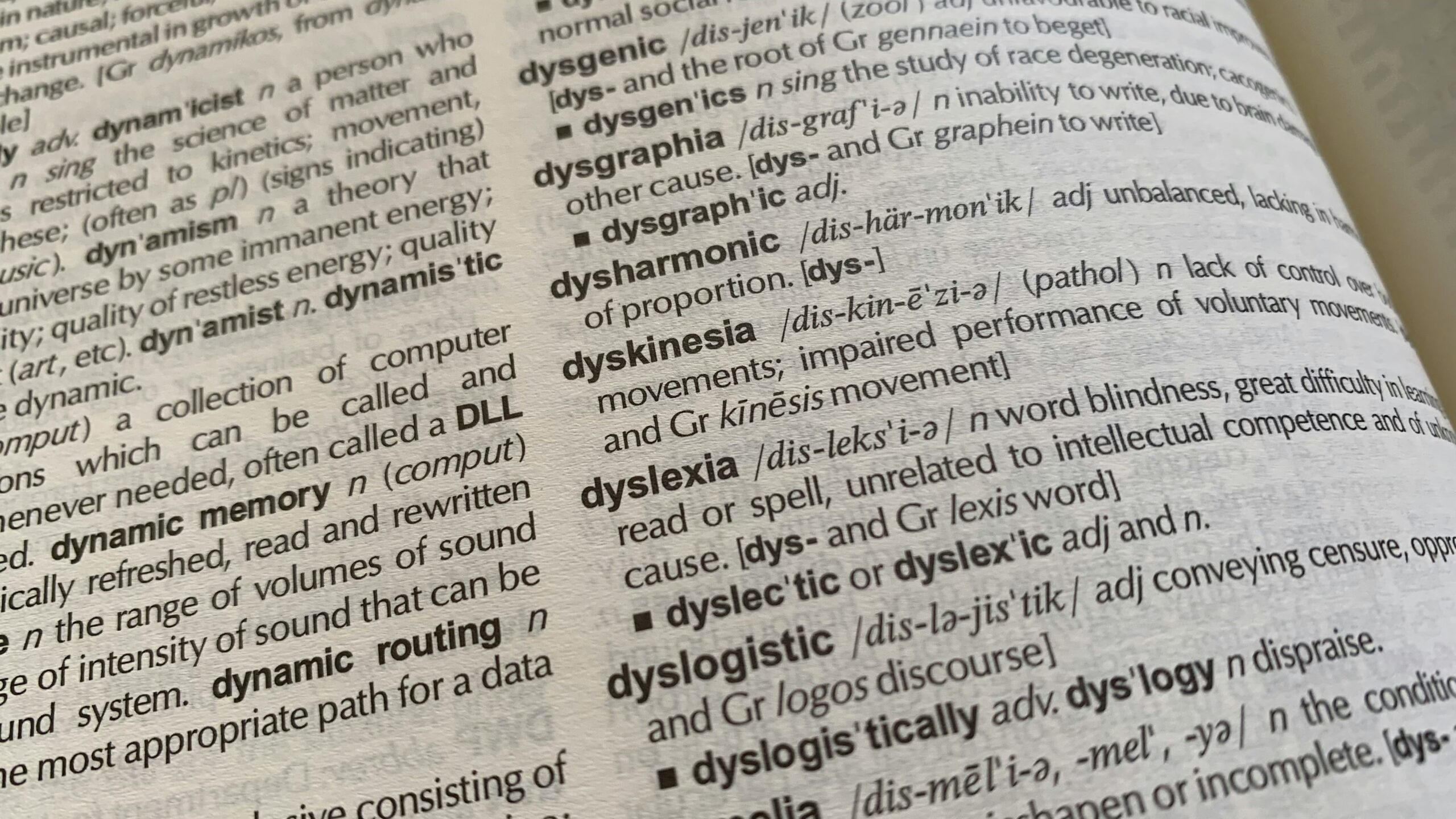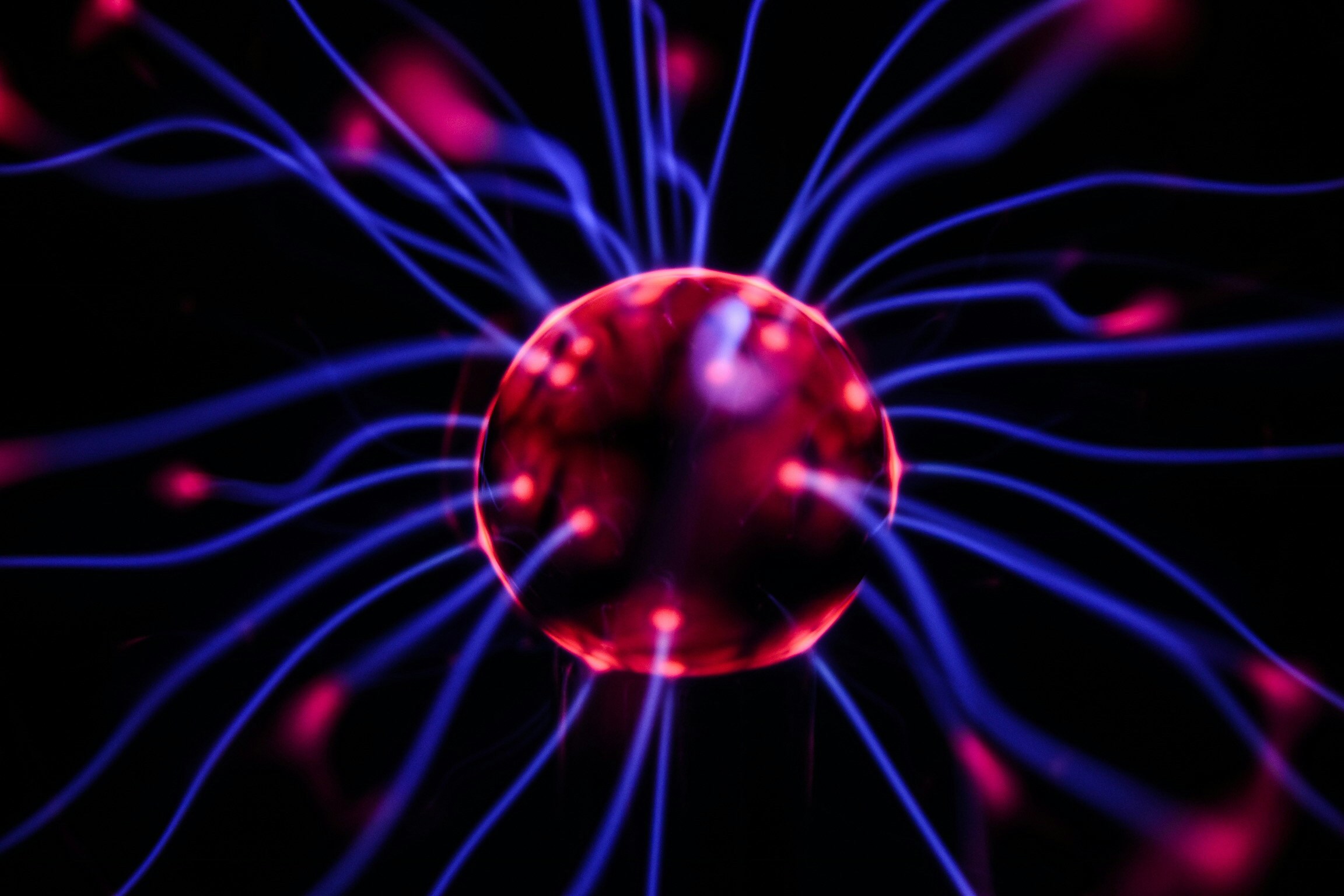11 Jan 2024
Are there early signs of Autism in babies?
Yes, some children show signs of autism, even as babies.
As a parent, you’ll gain first-hand insight into your child’s development as they build new skills and develop their personality. It can be easy to compare your child’s development with other children, and it can be concerning if they can’t meet their expected milestones – but when should you worry? And when should you consider that it could be autism?
The median age for an autism diagnosis is 55 months (4.5 years). However, most parents begin to notice early signs of autism by the age of 2, and in some cases, even earlier.
Early signs of autism in babies (0-12 months)
Lack of eye contact
Typically, eye gaze is one of the first developmental milestones for babies. It takes time for newborns to learn how to focus their eyes, as their eye muscles are completely undeveloped at birth. It’s unlikely they’ll be able to make any significant eye contact before they are about two or three months old but, should begin to make eye contact naturally from about four months old.
Some eye contact avoidance can be normal, especially as babies don’t understand social situations. They’re also likely to struggle with eye contact when tired or upset.
If your child is learning to move independently and still struggles to sustain eye contact, it could be an early sign of autism, but it also could be caused by visual impairment or other issues.
Not responding to their name
From about 6 months old, your child should begin to recognise their name or nickname. Not reacting to their name can be a sign of autism in babies.
Babies with autism are not likely to be interested in social stimuli such as learning the voices and faces of those around them, which makes it more difficult for them to notice their names when called. They may also have trouble with auditory processing, which can mean that it could take your child longer to recognise and respond to their name.
Less likely to gesture
Clapping, pointing and waving are all gestures that neurotypical children are likely to develop before their first birthday. It’s one of the earliest ways your child will purposefully communicate with you, which is why it can be worrying if these behaviours don’t happen when expected.
Children with autism are less socially motivated than neurotypical children. Like many other social behaviours, gesturing is learned through imitation, which is why babies with autism may gesture less.
Reactions to sounds
Some of the early signs of autism that are prevalent by your child’s first birthday could include the way that they react to sound.
Their reaction typically manifests in two different ways –
- hypersensitivity to sound
- Unreactive to sound.
Hypersensitivity to sound can result in your child finding certain sounds or noises distressing. It can range from a sensitive reaction to mild noises to becoming deeply unsettled by loud or unexpected noises.
On the other hand, some babies with autism may be unreactive to certain sounds. This is characterised by not turning their head to the source of a sound and not being disturbed by sudden loud noises.
While both of these reactions to sounds are wildly different, they are both due to the differences autistic people have with sensory processing.
Not reaching to be picked up or cuddled
Most babies find being picked up, cuddled or swaddled comforting. Whereas babies with autism may find physical contact overwhelming.
Babies with autism are likely to find the sensation of being touched unpleasant or even painful in some cases. In some babies, they might find the feel of being wrapped too restrictive and uncomfortable. Typically, if a baby is comfortable in its surroundings, it is less likely to reach out to be picked up.
Signs of autism in babies (12-18 months)
Delayed speech
Between 12 and 18 months neurotypical babies are likely to develop speech. However, babies with autism are more likely to be developmentally delayed. This is due to how autistic children learn – as they struggle with imitation and mimicry. They are less likely to babble, copying sounds that they have heard in their daily environment.
Repetitive actions
Repetitive actions like hand flapping, rocking, and spinning can all be ways that babies with autism self-soothe or express excitement. These repetitive actions can also be influenced by sensory processing. This can help the child to process different stimuli predictably.
Signs of autism in toddlers (18 months+)
Routine dependence
By the age of 18 months, most children with autism are likely to become anxious or distressed at any changes to their routine. Such as having a rigid preference towards a certain sequence of play activities.
Children with autism have a strong preference for familiarity, whether that be a specific toy, type of food or preferred item of clothing.
Communication challenges
Autistic children and toddlers aged over 18 months are likely to continue to have problems with nonverbal communication. They might struggle to recognise facial expressions and struggle to reciprocate expected facial expressions. For example, they might not smile when being smiled at or be able to tell if someone is sad.
Other communication challenges include a further delay in speech and regulating their tone and cadence of voice. This might mean that their speech comes across as robotic, and they may struggle to express emotion in their voice.
Unusual play patterns
Children and toddlers with autism are more likely to play in different ways than neurotypical children and toddlers. Often autistic toddlers will enjoy repetitive play, such as lining up or organising toys by size or colour. Autistic children and toddlers may have limited pretend or imaginative play.
Autism assessments for young children
It’s important to remember that every child develops at a different rate. Displaying some of these symptoms may not necessarily mean they have autism. Certain symptoms can overlap with other developmental delays or indicate poor vision or motor skills. That’s why we recommend waiting until your child is at least three years old for an autism assessment, as long as it is not having a profound impact on their daily life.
If you are concerned about your child’s development and it affects their day-to-day life, it may be beneficial to seek professional medical advice.
Here at the Autism Service, we offer private autism assessments for children aged three and over which is NICE guideline complaint and recognised by the NHS. Find out more about our Child Autism Assessments today, or contact us for more information.
Ready to book an assessment?
The Autism Service is committed to expanding its network of clinics to enable clients to access timely gold-standard assessments in their area.
Related posts

30 Dec, 2024
ADHD and Dyslexia: Similarities & Differences

30 Dec, 2024
ADHD and Dyspraxia: Similarities & Differences

28 Nov, 2024
Autism and Bedtime

31 Jul, 2024